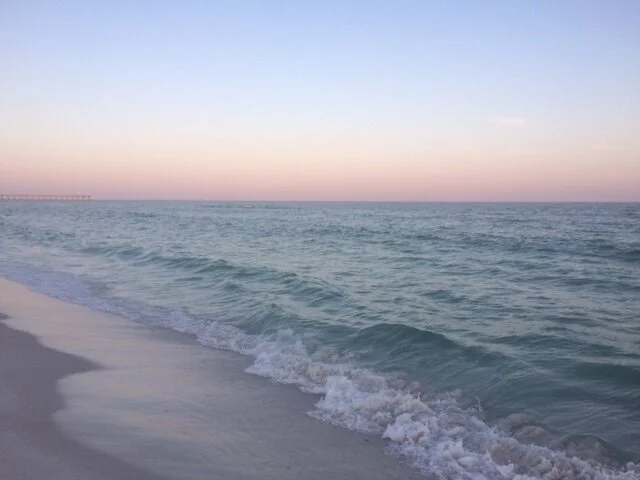Here is Part 2 of the list of books I’ve read during my search for joy that have guided me along my path. (See Part 1 here.)
The Artist’s Way and The Vein of Gold, Julia Cameron: incredible resources for anyone who wants more creativity and authenticity in their lives, whether you’re an “artist” or not. Her tone is calming and supportive, and her tools and exercises really work.
In The Artist’s Way she introduces morning pages, where you write longhand, stream of consciousness, for three pages first thing each morning. This clears the “sludge” out of the mind and can also help you identify fears and issues that are holding you back. Another tool is the artist date, where you take yourself somewhere creatively inspiring each week.
In addition, she outlines a 12-week program designed to help you break through any creative blocks and rediscover your true self and what you want to do. It’s amazing. Many of the women I interviewed for my book on morning rituals mentioned this book and how transformative it had been for them.
The Vein of Gold takes you further along the” journey to the heart of creativity” and provides new exercises that are designed to “engage the reader in inner play.”
How We Choose to Be Happy, Rick Foster and Greg Hicks: they interviewed extremely happy people and found that often they were happy not because of their circumstances, but in spite of them. They CHOSE to be happy and accomplished this by setting that intention and looking for the positive in whatever happened to them. This shows that it’s not the external things that make us happy, but how we feel inside and how we perceive our lives. That’s why being a millionaire doesn’t automatically make someone happy. The authors were able to identify nine choices that all of the people had made that accounted for their happiness, and they discuss those. It’s a fascinating read.
A Short Guide to a Happy Life and Being Perfect, Anna Quindlen: these deceptively small books pack a punch! Her writing is elegant and straightforward, and a pure joy to read. A Short Guide is an eloquent reminder to cherish each moment and appreciate the richness of our everyday lives.
Being Perfect rocked my world when I first read it. It’s full of brilliant insights about “the perfection trap,” which I often find myself caught in. She encourages us to be ourselves rather than constantly strive to live up to others’ expectations. These quotes really hit home for me: “Eventually, being perfect became like carrying a backpack filled with bricks every single day” and “What is really hard, and really amazing, is giving up on being perfect and beginning the work of becoming yourself.” Yes!
How to Live a Good Life, Jonathan Fields: this is a very practical and easy-to-follow book that gives concrete recommendations on how to create a more fulfilling, engaged, happier life. He breaks life up into three “Good Life Buckets”: vitality (the state of your mind and body), connection (relationships), and contribution (how you contribute to the world). He says, “The fuller your buckets, the better your life. When all simultaneously bubble over, life soars. That’s what we’re aiming for. But the flip side is also true. If any single bucket runs dry, you feel pain. If two go empty, a world of hurt awaits. If all three bottom out, you don’t have a life. Figuratively and, in short order, literally.”
He gives a “60-second snapshot” to determine the levels in each of your buckets, and then the following chapters describe 10 ways to fill each bucket. Fields also runs The Good Life Project, which offers courses, podcasts, and even a summer camp for adults every year in upstate New York.
The Happiness Project, Gretchen Rubin: this was probably the first book I read that was specifically on looking for ways to be happier. It is also a very practical and easy-to-follow book, about how the author spent a year “test-driving the wisdom of the ages, current scientific research, and lessons from popular culture about how to be happier” after realizing that she was wasting her life in a sort of malaise. She had reasons to be happy, but often didn’t feel happy, so she decided to dedicate a year to trying out different ways to boost her happiness. Rubin is an excellent, engaging writer and it’s a fun read with lots of interesting ideas to try.
The Miracle of Mindfulness and Peace Is Every Step, Thich Nhat Hanh: simply reading his books makes me feel peaceful. His style is so restful—it’s like meditating while reading. And his concepts are simple yet incredibly powerful. If you find meditating or mindfulness difficult, like I do, these books will be very helpful.
I hope that one or more of these books makes a difference for you, as they have for me. Stay tuned for Part 3!



